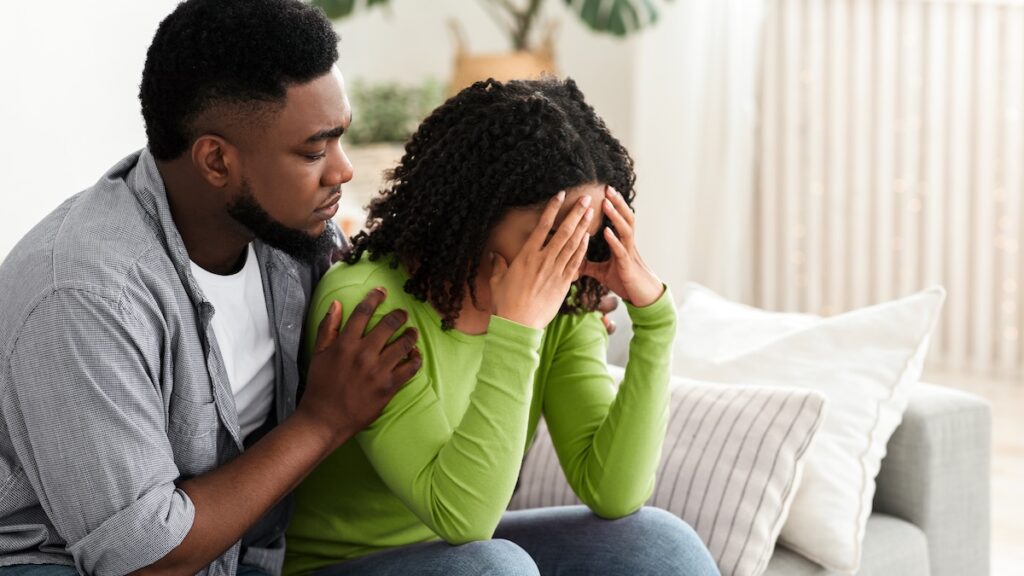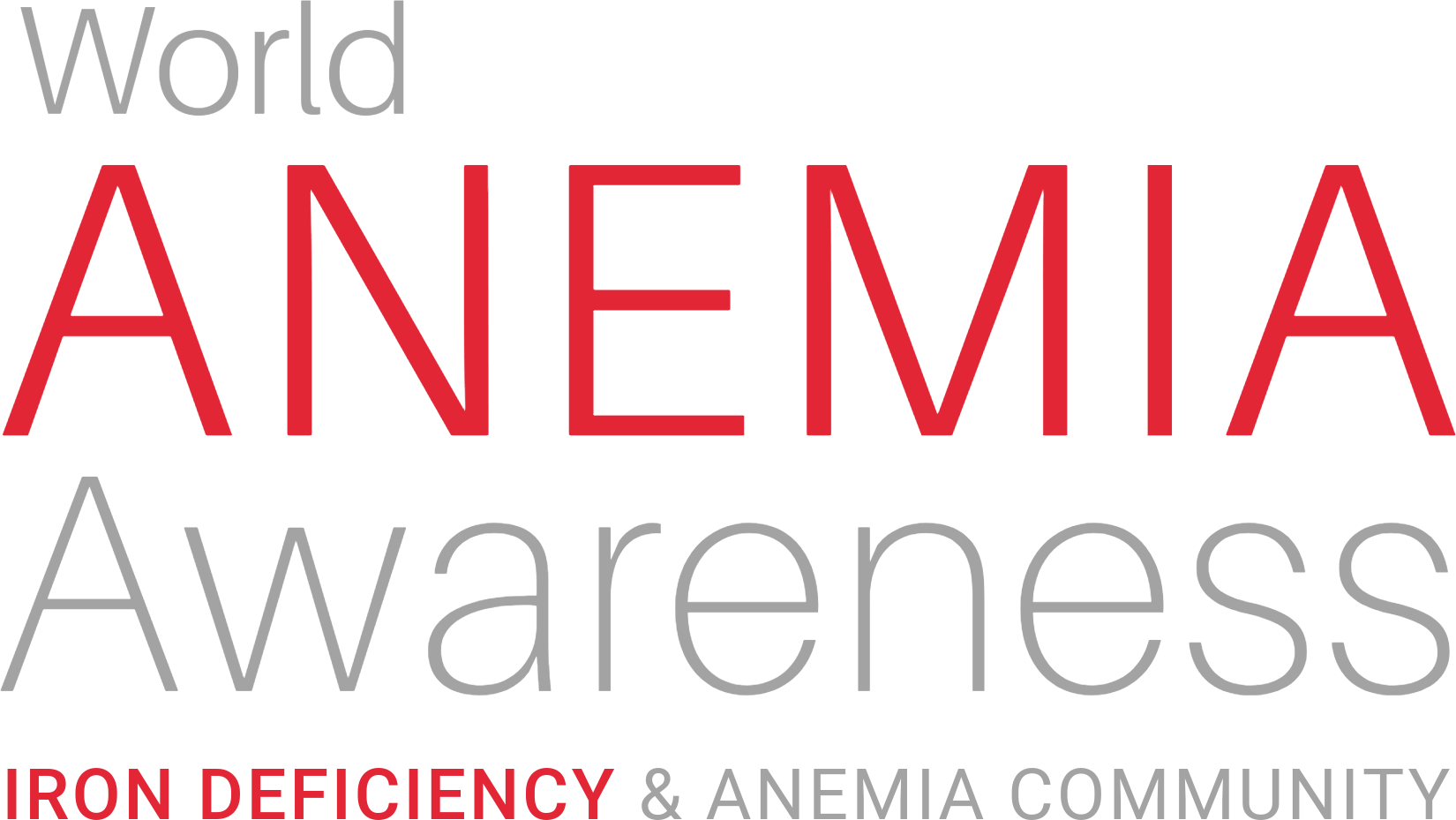Breaking the Silence: Menstrual Health & Mental Wellbeing
For years, I lived in quiet suffering, battling pain that drained my energy, clouded my thoughts, and left me feeling alone in my own body. Initially diagnosed with endometriosis, I struggled for nearly a decade—constantly exhausted, emotionally drained, and mentally beaten down by the toll it took on my daily life. The treatments offered to me felt more like band-aids than real solutions. No one seemed interested in understanding why I was in pain, only in managing it.
It was only when I sought private care that I learned the truth—fibroids, not endometriosis—a diagnosis that came too late to prevent major surgery. By then, my body had become severely anemic, my strength fading day by day. For me, this was not only a medical crisis, but also an immense mental health burden.

Unmasking Menstrual Pain

"I smiled through pain my whole life, afraid of looking weak."
Naga Munchetty, Journalist & TV Presenter
Have you ever been told that your pain is “normal,” that heavy bleeding is “just part of being a woman,” or that exhaustion is “just stress”? Have you ever struggled to get a doctor to take your pain seriously? Millions of women across the world—whether in bustling cities or small villages—experience menstrual health issues that go unaddressed for too long. Conditions like fibroids, endometriosis, polycystic ovary syndrome (PCOS), adenomyosis, and severe anemia wreak havoc on both physical and emotional well-being. Many women don’t even know what these conditions are. Yet, too often, they remain hidden behind silence, shame, or a lack of access to proper healthcare.
When periods become more than a monthly inconvenience—bringing unbearable pain, excessive bleeding, and relentless fatigue—it’s essential to listen to your body and seek help. While misdiagnoses are common, advocating for thorough investigations can make all the difference in uncovering the truth.
Living with chronic pain often shifts focus to the person affected, but the toll it takes on their loved ones is immense.
Have you ever watched someone you love suffer, feeling powerless to help? For years, my husband helplessly watched as I faced severe period pain and fatigue. He saw me withdraw from social interactions, struggle through everyday tasks, and collapse into bed, drained. His frustration at the medical system, despair over my suffering, and confusion about how to help were quietly endured.
Partners, parents, siblings, and friends experience their own emotional burden when a loved one suffers in silence. The frustration of watching someone in agony, combined with a lack of clarity on how to offer real help, creates a ripple effect of suffering.
How You Can Help a Loved One
If someone you care about faces menstrual health challenges, here are ways to help:
Be Present
Your support matters, even when words fail
Advocate
Attend medical appointments, ask tough questions, and push for better care
Take Care of Yourself
Caregiver exhaustion is real, and your feelings matter too

Be Present
Your support matters, even when words fail.

Advocate
Attend medical appointments, ask tough questions, and push for better care

Take Care of Yourself
Caregiver exhaustion is real, and your feelings matter too
Chronic illness affects entire families, not just individuals. Acknowledging this enables more compassionate and informed support.
The Mental and Emotional Cost of Menstrual Pain
How often do we talk about the emotional toll of menstrual health?
Chronic pain doesn’t just hurt physically—it wears down the mind. The frustration of being unheard, the exhaustion of pushing through the day, and the fear of never finding relief can take an immense emotional toll. Menstrual health is not just a physical issue; it’s a mental health issue too.
If you’ve ever felt broken, defeated, or ashamed because of your body, please hear me:
- You are not unclean
- You are not "overreacting"
- You are fighting a battle that deserves to be acknowledged and treated with care
Where Do We Go from Here?
It’s time for better conversations, better medical support, and better solutions. But until the system fully catches up, we must advocate for ourselves and each other. We must break free from the silence and stigma surrounding menstrual health.
Advocating for Better Health
Knowing the right questions gives you power
As you can see from Molly’s experience, bringing a friend or family member to advocate for you can be life changing. For women who feel nervous questioning doctors, here are key questions to ask during medical visits:
- Could my symptoms be related to fibroids or endometriosis?
- Can you check my iron levels?
- What tests can confirm what's causing my pain?
- Are there alternative treatments to hormonal therapy?
Molly Fenton shares how her early health struggles, and the powerful support of her younger sister Tilly, led her to start Love Your Period
Watch Molly’s TedX Talk here:
Speaking Up & Educating: Personal Truths and Professional Voices
Progress is happening. Not too long ago educational resources on social media were not available, but these advocates show how awareness is growing and support is becoming more accessible. Together, they offer hope, clarity, and the reminder that no one should face this alone.
“As someone currently navigating an endometriosis diagnosis, I’ve felt empowered by other women openly sharing their stories. Hearing their tips, having friends and family help me prep for appointments, and finding information online — especially through AI — has made a real difference. The hardest part was not recognising the lesser-known symptoms, which delayed my diagnosis. But because others spoke up, I finally got answers — along with supportive doctors who really listened and took me seriously. That kind of support means everything. So let’s keep talking. It could change everything for the next person.”
— Kelly Jermy, UK
@itvlorraine Naga Munchetty opens up about her debilitating 32 year health struggle, which saw her finally diagnosed with a uterine condition after struggling to be listened to or taken seriously.
♬ original sound - Lorraine
@talkswithdrsesay A simple description of endometriosis and symptoms that come with it in under 90 seconds. #endometriosisawareness #endometriosisawarenessmonth #womenshealth #healthawarenes #healtheducation ♬ original sound - Dr Aziza Sesay
@drnighatarif This is not a drill!! This #peerreviewed. Proteomics is set to launch PromarkerEndo for early #endometriosis ♬ original sound - Nighat Arif
Your Voice, Your Health, Your Power
"Because others spoke up, I finally got answers...that kind of support means everything."
Kelly
KNOW MORE, WORRY LESS
Subscribe for powerful insights on blood health, fatigue, and the questions you might not know to ask.
Disclaimer: The information on this site is for educational purposes only and is not intended as medical advice. Always consult a qualified healthcare professional about any medical concerns or conditions.
